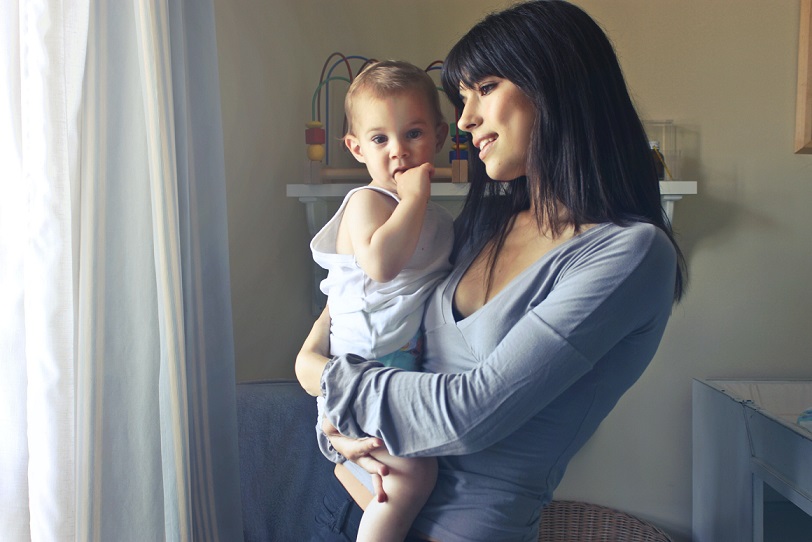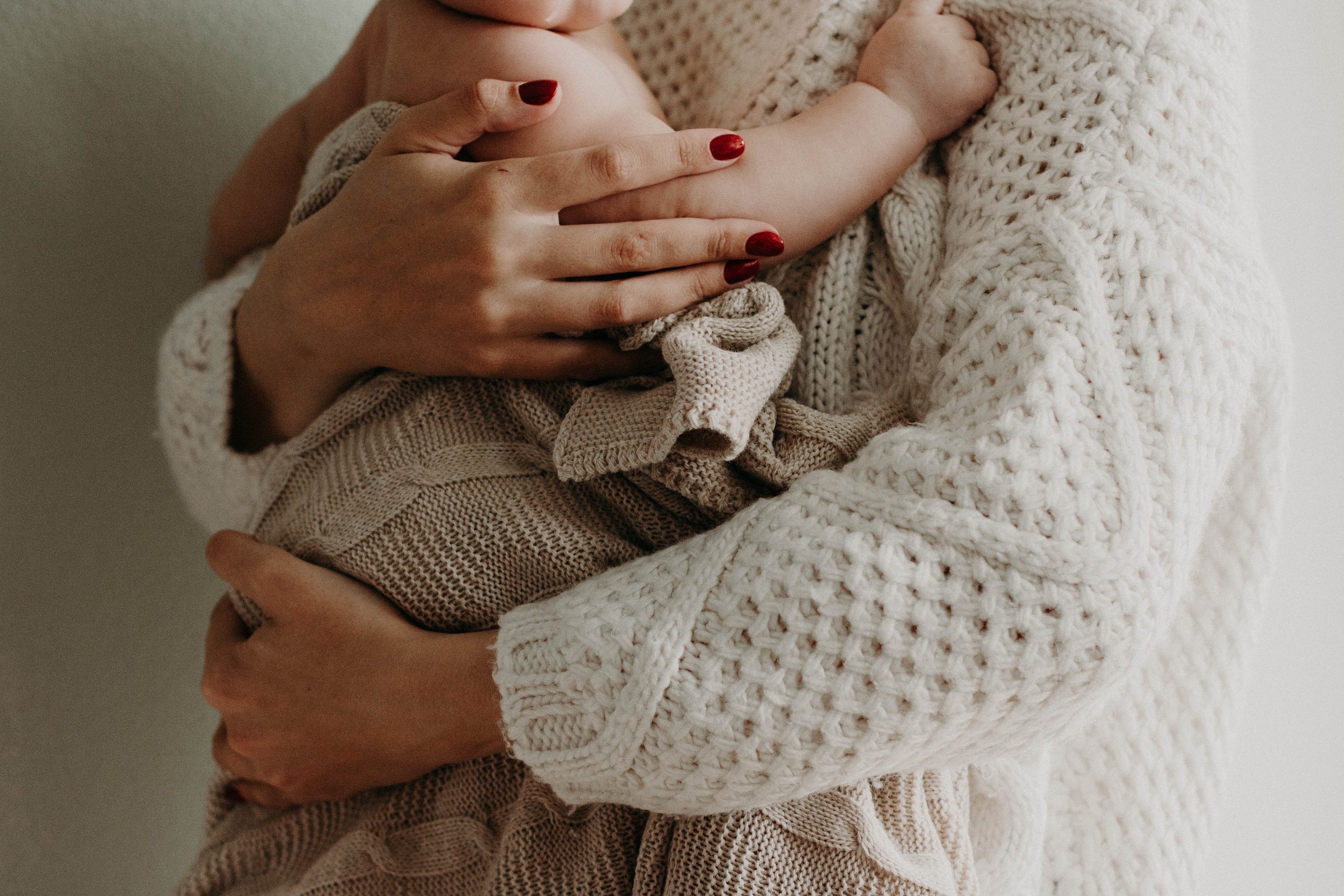Non-invasive treatment may offer another option for mothers suffering from postpartum depression.
Over the past several years, scientists and those in the mental health field have been researching the effects of vagus nerve stimulation on mood disorders such as anxiety and depression. Now, according to new research presented at the virtual American Society of Clinical Psychopharmacology (ASCP) 2022 Annual Meetings, at-home auricular vagus nerve stimulation (aVNS) therapy can lead to a clinically significant reduction in postpartum depression (PPD) and anxiety disorder symptoms. PPD can be especially debilitating, presenting with insomnia and lethargy, a loss of appetite, extreme anger and irritability, and difficulty bonding with the newborn, among other distressing symptoms. It also carries with it the secondary effect of the baby being unable to develop a healthy maternal attachment.
In the small pilot study involving 25 women with postpartum depression, participants were administered six weeks of daily aVNS treatment. The team found “74% achieved response and 61% achieved remission, as shown in reduced scores on the Hamilton Rating Scale for Depression (HAM-D17).” This means that women may not need to undergo hormone therapy or be put on drug therapy. It is also promising because the intervention offers the same positive results as traditional invasive electrical stimulation of the vagus nerve, which was originally approved by the U.S. Food and Drug Administration (FDA) in 2005 for treatment-resistant depression.

The traditional means of stimulation “involves risk for implantation, infection, and significant side effects,” said coinvestigator of the current study, Kristina M. Deligiannidis, MD and Director of Women’s Behavioral Health, Zucker Hillside Hospital, Northwell Health, Glen Oaks, New York. She added, “This newer approach, transcutaneous auricular VNS, is non-invasive, is well tolerated, and has shown initial efficacy in major depression in men and women. Given that aVNS is a non-invasive treatment which can be administered at home, we wanted to test if this approach was safe, feasible, and could reduce depressive symptoms in women with postpartum depression, as many of these women have barriers to accessing current treatments.”
Deligiannidis explained further, “Auricular VNS device on their heads that uses surface skin electrodes to stimulate nerve endings of a branch of the vagus nerve, located on the surface of the outer ear. Those nerve endings travel to the brain where they have been shown to modulate brain communication in areas important for mood and anxiety regulation.” The method could ultimately reduce a need for out-of-home options during a time in which it is especially difficult for mothers to set up childcare. Many new mothers also choose to breastfeed their infants and don’t want to separate from them.
Deligiannidis reiterated that traditional, evidence-based treatments for postpartum depression don’t always work, saying, “Some women have difficulty accessing weekly psychotherapy, and, when antidepressants are indicated, many are reluctant to take them if they are breastfeeding because of concerns about the medications getting into their breast milk.”
Although most antidepressants are safe, a delay in care means a mother’s mental health suffers. Deligiannidis said. “At home treatments reduce many barriers women have to current treatments, and this intervention [of aVNS] does not impact breastfeeding, as it is not a medication approach.”
Sources:
At-Home Vagus Nerve Stimulation Promising for Postpartum Depression
You Can Treat Your Postpartum Depression and Still Breastfeed


Join the conversation!